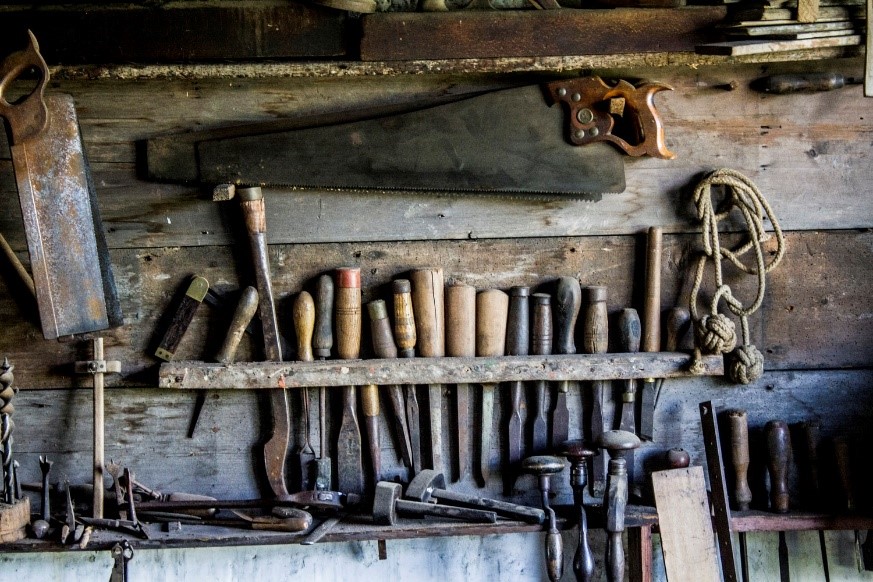Thanks for joining us for another Families Deity! We’re exploring deities that tie into families and family values, or who are important to the family unit or children in some way. This month, we are exploring the very talented, Lugh.

Who is Lugh?
Lugh is a figure full of stories, wrapped around with contradictions and wonder, music and poetry, and more than a touch of magic. He is a fascinating figure to learn about, and a multifaceted deity for any household to honour.
Lugh is an Irish deity, honoured in Celtic Ireland but also continuously to this day. Irish Paganism is a living tradition rather than a reconstructed or reinspired one like much of modern Paganism, so it’s important to be respectful of the source culture when working with Irish deities and festivals. Lugh is often conflated with other Celtic deities such as Lugos or Lleu, but in this piece I’m focusing Lugh as a purely Irish deity.
Lugh was also a King of Ireland, and a member of the Tuatha Dé Danann, with connections to both the Formorians and the Fir Bolg. Lugh is the son of Cian and Eithne, but was fostered by Tailtiu, a queen of the Fir Bolg. When she dies clearing the land to make it ready for agriculture, he honours her and possibly two of his wives by creating a festival that many Pagans celebrate to this day: Lughnasadh or Lúnasa.
Why is Lugh one of our Family Deities?
Lugh has many epithets, which is a fancy word for 2different names that mean different things”. One of these epithets is Samildánach, an Irish word meaning “many joined skills.” Lugh famously is very good at a lot of different things: smithing, building, healing, music, weapons, physical strength, poetry, magic, and many more. The various skills are listed in the tale of Lugh’s arrival at Tara, told in Cath Maige Tuired, which translates to The Second Battle of Mag Tuired.
Why are these skills joined? For someone who becomes a king of their people, all these skills may be useful in some way. They are the skills of someone who revels in learning new things, who takes joy in learning and doing. This is a great gift to give anyone, especially younger people who may feel limited in their opportunities to learn skills or crafts that really mean something to them. Lugh can encourage that passion for finding your passion, which can be reassuring for people who find they hyperfocus on one subject then flip to another once their direction of focus shifts.
Lugh is also part of a complex family, making him relatable to many. He adores his foster mother, and in some sources, may have also had a good relationship with a foster father, Mannanán mac Lir, an oceanic deity. Lugh is devastated by the death of his father and cooks up some pretty nasty revenge, showing the deep and potentially darker side of familial love, but also the enormous strength of familial bonds. He also reminds us that family doesn’t automatically means blood relatives and vice versa.
Honouring Lugh
Celebrating Lúnasa, which is the modern Irish spelling of the festival, is a great way to involve the whole family in a Pagan festival. Lúnasa is a festival of games and competitions, focused on fun and proving one’s skill. Enjoy a game you love to play as a family, or go out and have races, fly kites, or see who can pick the most apples or berries – safely, of course!
Lugh Correspondences
Animals
Dogs
Horses
Plants
Healing herbs
Anything you harvest around Lughnasadh
Images and Tools
Spear
Sling
Royal symbols such as a crown or other aspects of sovereignty
A sorcerer or druid standing on one leg
Electric storms
The sun – Lugh is not originally a sun god, but he is likened indirectly to the sun in lore, and many modern Pagans have adopted this comparison.
Chariots
Prowess in games or sport
Offerings
Commitments or oaths
Acts of magic
Acts of healing
Do you have a relationship with Lugh? What deities do you consider family deities? Join the conversation at our Facebook Group.
Source material for this article includes Pagan Portals: Lugh by Morgan Daimler, 2021.
